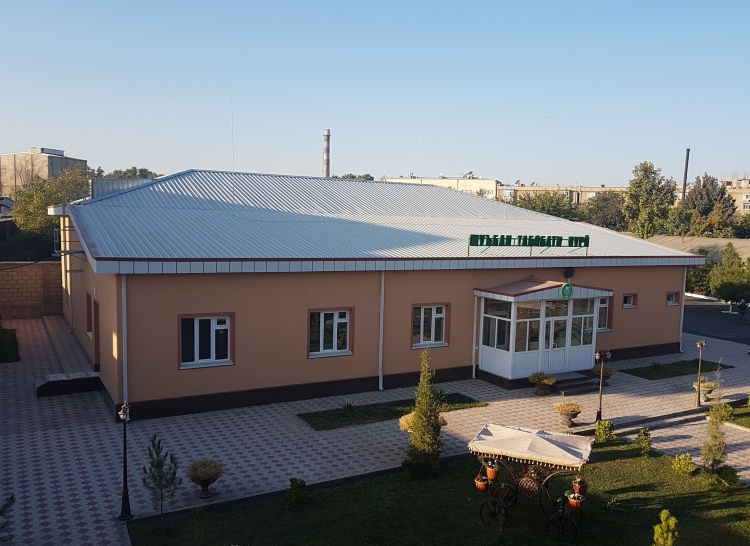Each year, medical professionals at Tajikistan’s Republic Oncological Scientific Centre (RCCO) must contend with nearly 6,000 new cases of cancer, of which approximately 70% might be treatable through radiotherapy. To ease the burden placed on the RCCO and to expand access to cancer therapy, an ongoing IAEA technical cooperation (TC) project is working toward the enhancement of radiotherapy services at the RCCO and the inauguration of a new radiotherapy centre in the country’s northern Sughd Province. Dazhu Yang, Deputy Director General (DDG) and Head of the Department of Technical Cooperation, visited Tajikistan in June to meet with high level officials and to observe the progress of the projects which are working toward the expansion and enhancement of radiotherapy services in the country.
Beginning in 2014[1], a series of IAEA projects have been implemented to strengthen the quality of cancer services in Tajikistan. Through its technical cooperation programme, the IAEA has supported the procurement of radiotherapy equipment, while simultaneously delivering training in the latest dosimetry, safety and quality management methods.
Tajikistan is the second most mountainous country in the world—as a result of its unique geography, gaining access to healthcare services has traditionally been very challenging for those living outside of the capital, far away from the country’s only radiotherapy facility at the RCCO.
“Technical cooperation projects in the area of human health represent close to 25 percent of the TC programme and, following projects related to food and agriculture, account for the highest disbursement of TC funds. The majority of these health projects focus on the fight against cancer,” explained DDG Yang. “The new radiotherapy department, awaiting inauguration later this year, represents a milestone in Tajikistan’s efforts to expand access to cancer therapy, but more work is required if we are going to overcome the challenge of access.”






